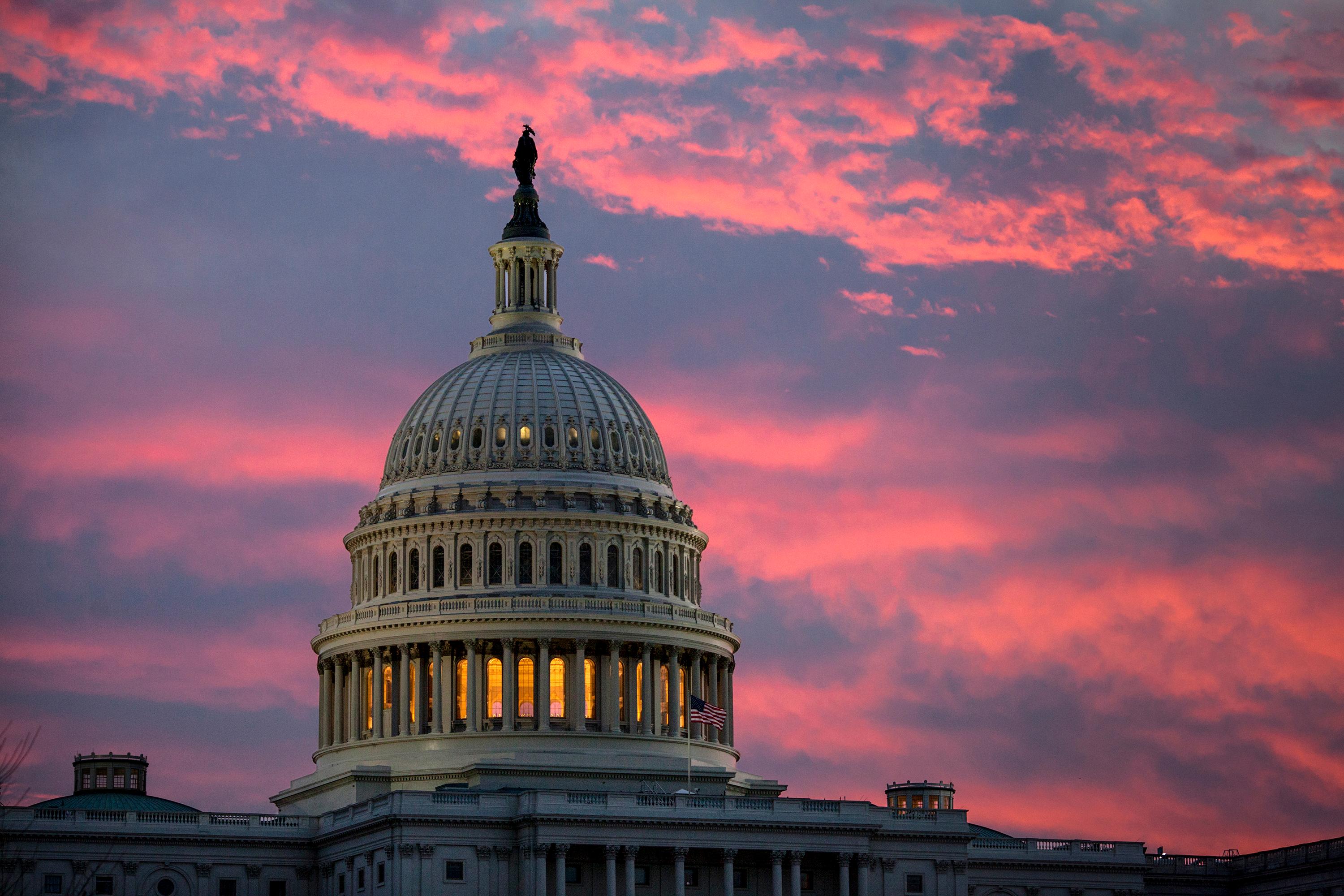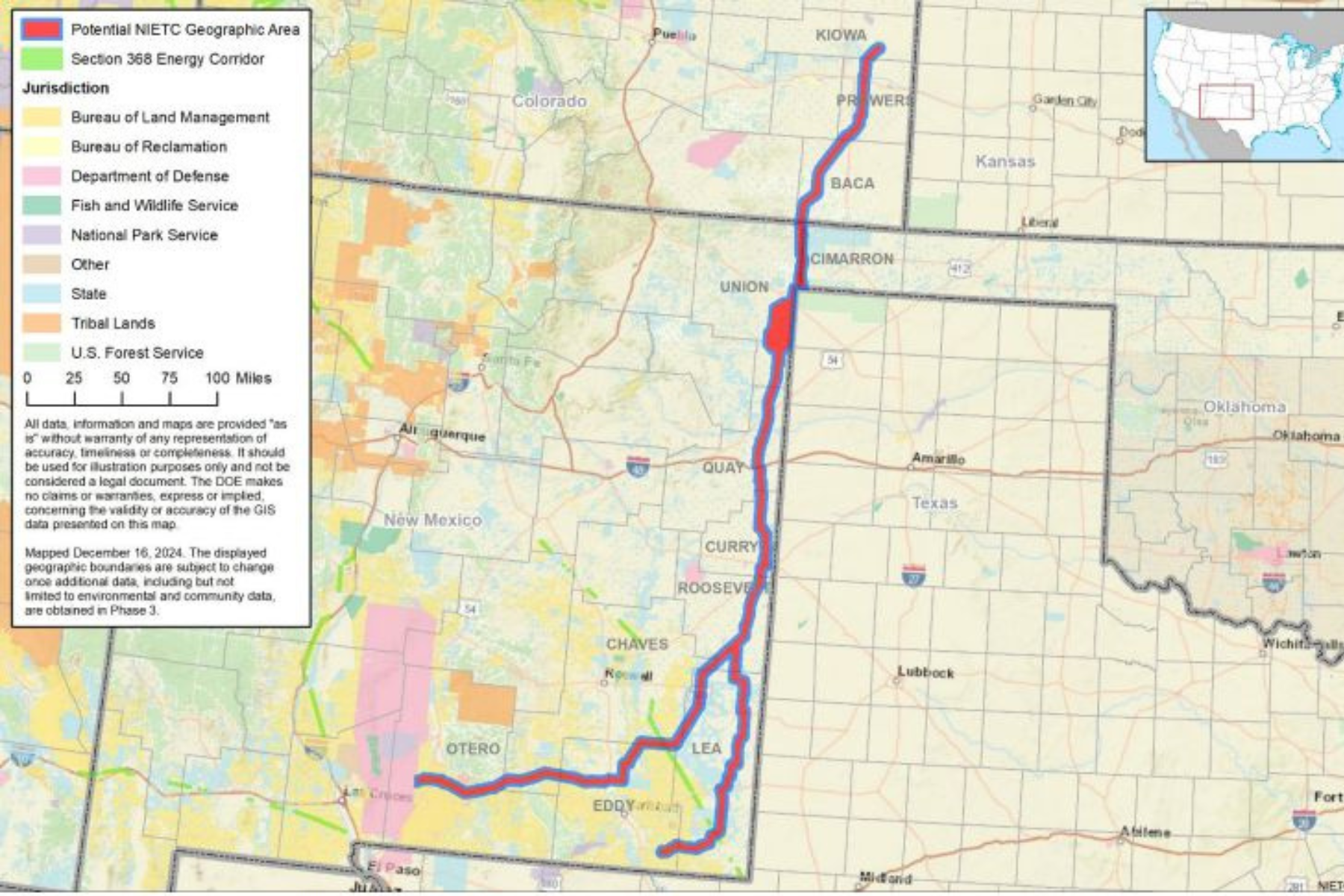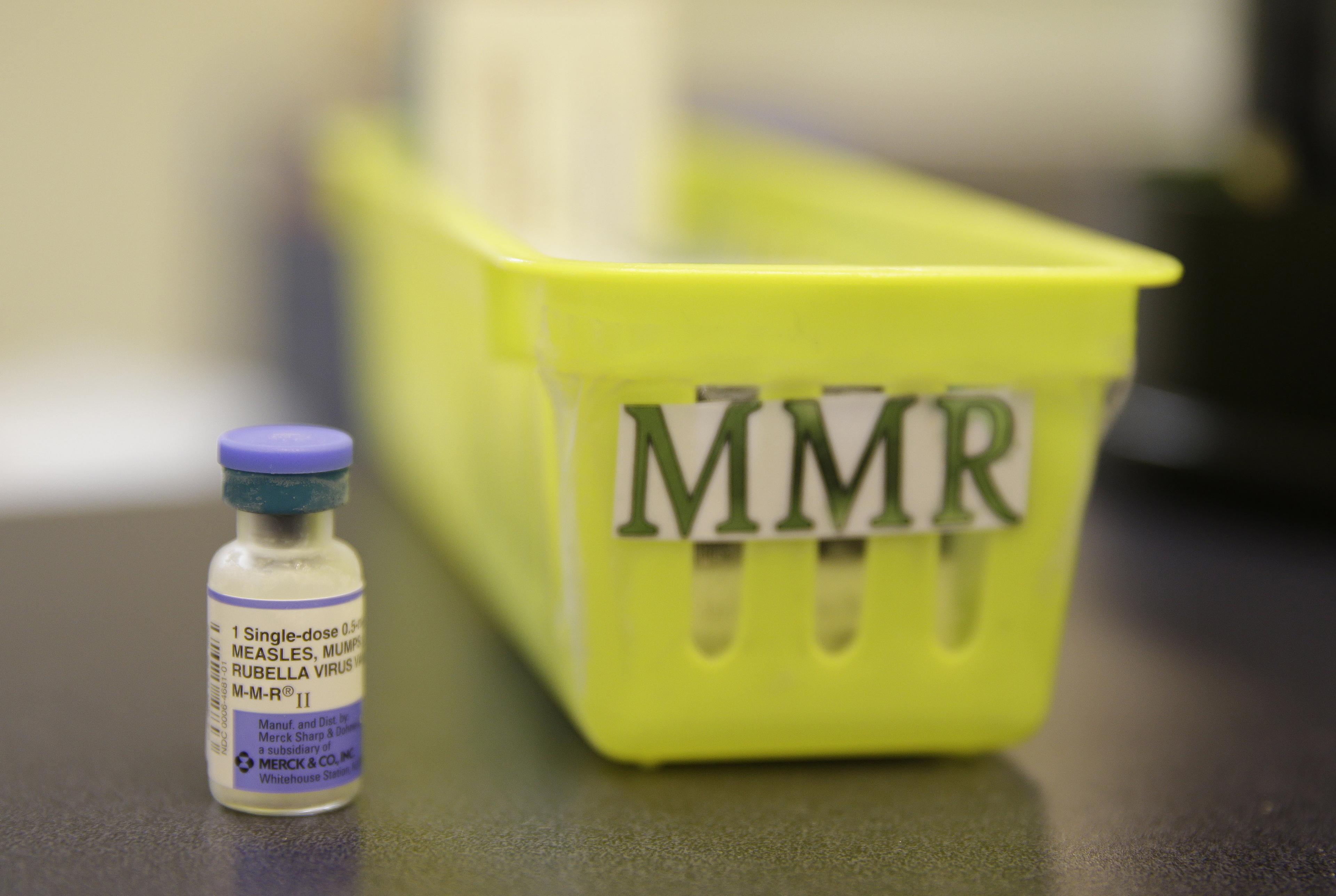
Washington is inching closer and closer to a default — one that could have large ramifications on the government’s ability to pay its debt and for the future course of the U.S. — and global — economy.
President Joe Biden and House Speaker Kevin McCarthy continue to say they believe the country will not default, even as they give few clues about how they might possibly reach a deal.
Negotiators continue to debate over how long to lift the debt ceiling for, whether government spending should be capped, cut or frozen and what other incentives need to be included to get a bipartisan majority in both chambers to agree to sign on.
“These are uncharted waters,” said Shai Akabas, executive director of the Bipartisan Policy Center’s Economic Policy Program. “Unlike, say, a government shutdown, it’s hard to predict exactly what default will look like, other than “we’ll be in for a turbulent ride that could mean real harm to American households.”
So how could that be felt in Colorado?
1. If you rely on federal benefits, they could be a lot less reliable.
Basically this means the government will not be able to pay all its bills and, instead, will have to figure out which ones it will pay and which it won’t. The possibilities include federal salaries, tax refunds, defense vendors and government benefits, such as Social Security, Medicare, Medicaid, SNAP benefits and Veterans benefits.
A lot will depend on when the payments are due. For example, in June some Social Security benefits go out on the 2nd, while SNAP benefits are paid on the 12th. So if you get your Social Security payment at the beginning of the month, it might still arrive, but SNAP, which is later, might not.
Treasury Sec. Janet Yellen told Congress that the ‘X-Date,’ the day when the government can’t pay all its financial obligations, could occur as early as June 5. (Others have predicted a little later. Goldman Sachs thinks June 8 or 9. The Bipartisan Policy Center puts the window between June 2 to 13.) Some Republicans, including Western Slope Rep. Lauren Boebert, have questioned the early June default date. The X-Date can fluctuate because revenue and spending can vary from week to week.
Because this has never happened before, Akabas said there are a lot of unknowns. “We don’t know which ones [don’t get paid], we don’t know which order they’ll get paid in, we don’t know how long they might be delayed.”
2. Your retirement account could feel the pain
If the U.S. defaults, markets will tumble. For many, that will mean seeing a drop in 401(k) and other retirement plans and investments, such as stock portfolios.
But even if you don’t own stocks (which is most people), market instability would impact the bond markets. Borrowing costs would go up. So that means higher interest rates for the credit cards in your wallet, as well as for loans to buy a house or a car.
A default would also likely trigger a downgrade of U.S. credit rating, which would mean it would also cost more for the government to borrow, making it more expensive for the government, and U.S. taxpayers, to eventually pay off that borrowing.
In 2011, the U.S. credit rating was downgraded for the first time when the government came close to default. On Wednesday, the rating agency Fitch put the United States’ AAA rating on a negative watch because of the brinkmanship over the debt ceiling.
3. All of this also increases the likelihood of a recession
“All of these events that are going on cause consumers and businesses to hunker down, which often in and of itself is what drags the economy into a recession,” said Akabas. That would mean people losing their jobs, wage growth slowing or stalling and other economic pain.
Colorado employment numbers have been high since coming out of the shock of the pandemic. The state’s unemployment rate is at 2.8 percent and employers added more jobs in April, the largest monthly gain in a year.
Breaching the debt ceiling could change that picture rapidly. According to Moody’s Analytics, a default that lasts just a week would weaken the economy enough to cut about 1.5 million jobs nationwide.
Editor's Note: This story was updated at 2:25pm on May 26, after Sec. Yellen wrote Congress with an updated X-date.









